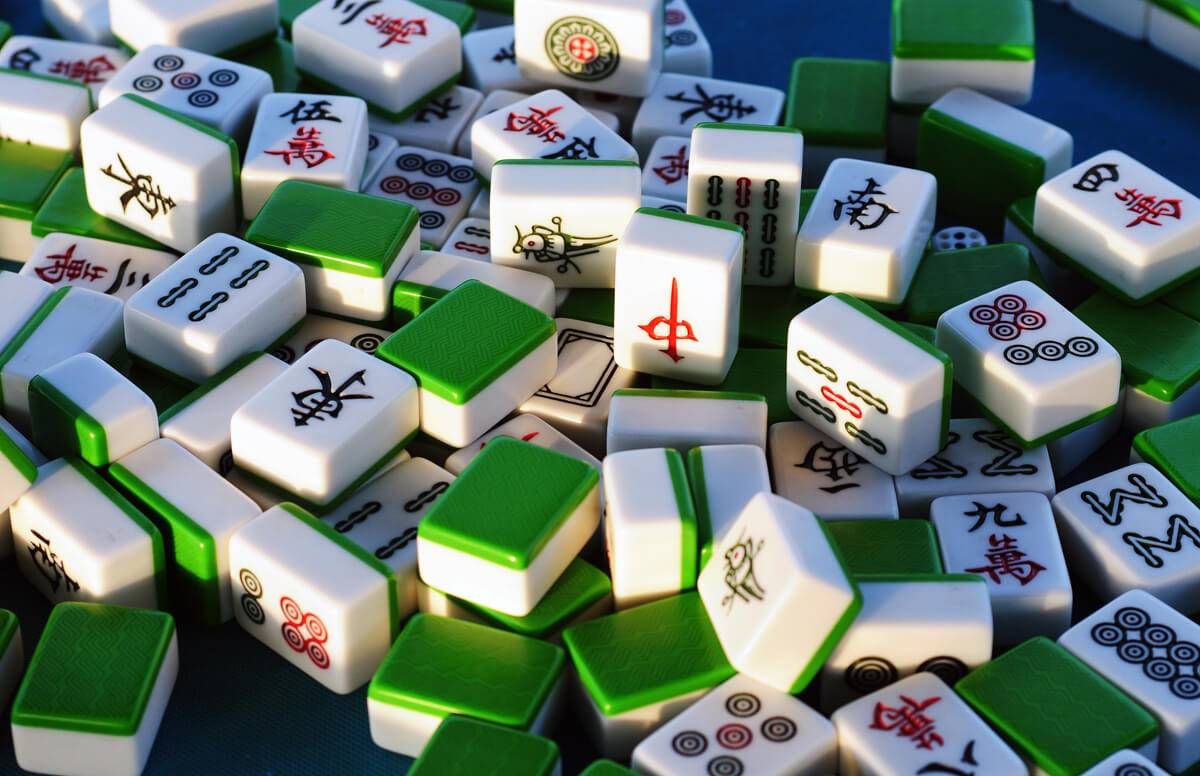Play Games for Better Health
How this pastime can offer physical, social and emotional benefits
When friends asked Lisa Ruderman, 52, of Livingston, N.J., if she wanted to learn how to play canasta, at first, she declined. She wasn’t sure she had the spare time or any interest in the card game, which is a form of rummy. But with some minor prodding, she was convinced to give it a try. After a few lessons, she was playing and now several months later, enjoys her weekly Monday canasta night with her girlfriends.

“I am surprised how much I enjoy playing. I love the game and also the socialization that goes along with it,” Ruderman says.
Games like canasta, bridge and mahjong have become more popular than ever in recent years. Helaine Neiman, a Canasta League of America certified instructor from North Caldwell, N. J., says, "I've seen an increase in people wanting to learn how to play and the demographic keeps getting younger. I have many groups of women in their early 40s coming for lessons."
Why Play Games?
Playing games is something most people did as kids. The idea often brings back fond memories, so people welcome an opportunity to participate again as adults.
Card games are a great way to spend leisure time, especially for people who aren’t as physically healthy as they used to be. Andrew Budson, a cognitive behavioral neurologist and author of several books including, Seven Steps to Managing Your Memory, says, “Many older adults have trouble with hips, knees, backs, shoulders and other joints. That may prevent you from skiing, hiking, golfing, or playing tennis, but it won’t impair your ability to play a card game.”
And as we get older, we have more free time and may begin looking for new activities.
“Older adults no longer have the work and other routines that provide built-in socialization like they did when they were younger. Having a regular game once a week provides regular interpersonal interaction that, as social animals, we all need and enjoy,” explains Budson.
Games are an easy way to meet new people; those of different ages can all play together and it gives them a commonality where one might not otherwise exist.
“Older adults may have shrinking social circles due to people moving away, developing disabilities, moving into nursing homes or dying,” says Budson. “You can play games with people you have just met and it gives you a shared interest.”
Games are also an opportunity to spend time with old friends.
Ruderman says, “My friends and I are all busy with families and careers. Sometimes we don't’ see each other as often as we would like, but having a set date each week to play canasta ensures we get together."
Neiman adds that games are also great for couples and families. “I’ve taught couples to play. It’s something fun they can do together that’s not nearly as expensive or as big a time commitment as playing golf,” she says. “And older adults are also coming back to learn the updated or the modern version of the classic canasta game they played many years ago.”
Deciding Which Game is Right for You
There are a variety of games to choose from, depending on your ability, interest and time commitment:
- Mahjong, which is played with tiles (you may have seen it in the 2018 film Crazy Rich Asians), is an easier game to learn because you play with a card in front of you that helps make the hands.
- Canasta is a more strategic game you play with a partner. According to Neiman, after about 10 hours of lessons, students are able to play on their own.
- Bridge, which is more time intensive to learn, play and master, is, of course, also a card game. “If you’re willing to make the commitment, it’s a great game,” Neiman says.
Neiman herself went from playing mahjong to canasta several years ago. “I played mahjong for ten years and felt ready for a new challenge,” she says. “Canasta is a more strategic game. I enjoyed it so much that after three years, I decided to become a certified instructor and now, a little over two years later, I have taught more than two hundred people how to play.”
Games Are Good For Your Health
Not only is playing games fun, but it can actually be good for your mental and emotional health.
“A lot of research has recently shown that when people become lonely and isolated they do much worse in all aspects of life — but particularly the emotional aspects,” says Budson. “Older adults — like all of us — do best when having frequent social interactions. Playing games with others is one way to engage in regular social activities.”
Getting involved in a game can help people take their mind off of other issues. Neiman mentions students have come to her dealing with illnesses and other life tragedies.
“At first they may think that they won't be able to concentrate on learning a game, but then they find playing to be a great distraction from their problems,” she says.


